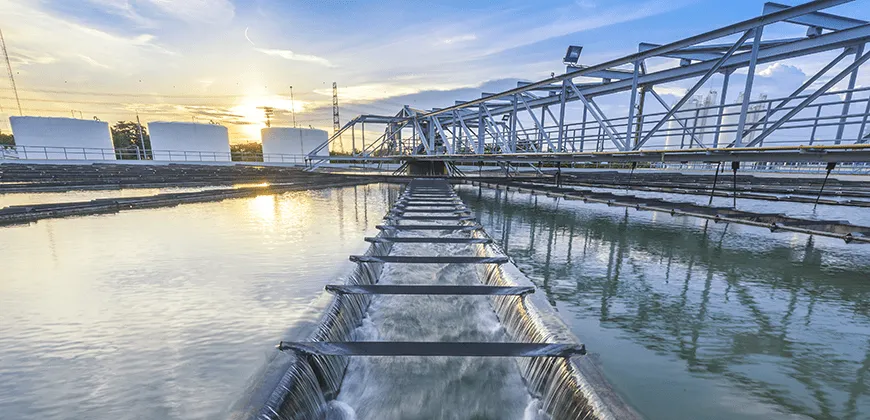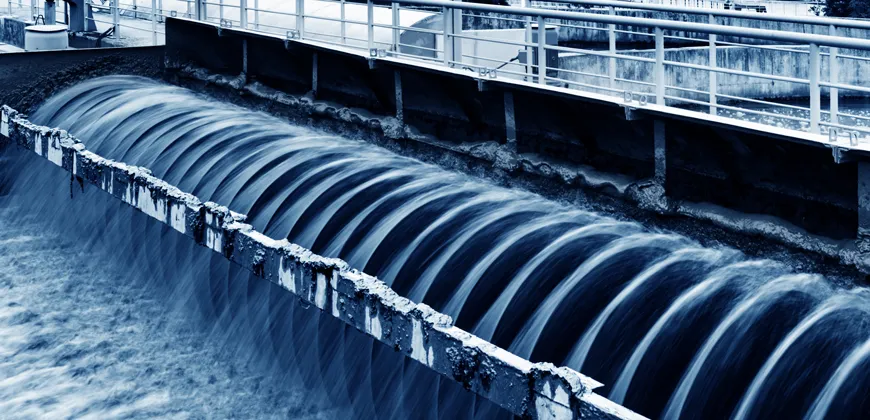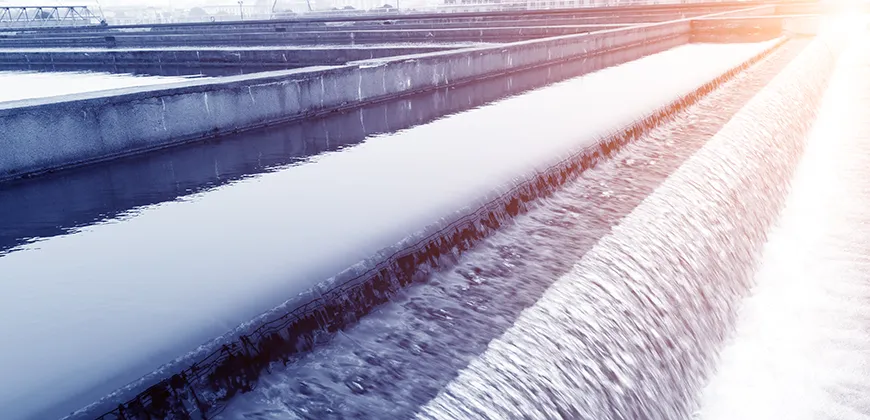Meeting water management challenges in an uncertain future

By Barbara Lence, former Program Director of the Master of Engineering Leadership in Integrated Water Management Freshwater resources are finite, by some estimates making up as little as 0.0007% of the earth’s total. Growing populations are placing severe pressure on this limited resource – in 1975, 13,000 cubic metres of freshwater were available per person; today that number has plummeted to only 6,000.[1]
Navigating multidisciplinary challenges in water management
This poses significant challenges for water management professionals around the world who must grapple with ensuring people have access to safe drinking water while allowing for other water uses, including agriculture and industrial development, hydropower, environmental protection and recreation.
The realities of geography and timing add increasing layers of complexity – fresh water is not evenly distributed geographically, and it is becoming common to see unprecedented extremes in water availability over the year, from flooding to drought.
Growing populations, economic development and climate change are exacerbating issues. Can our urban infrastructure, reservoirs, treatment facilities and drainage systems cope? How can we ensure that industries that rely on water use it responsibly? Professionals working in water management are immersed in these complex, multidisciplinary challenges.
This work also requires a certain degree of comfort working within the deep uncertainty that characterizes changing demands, uses and supply and that is inherent when experts themselves do not always agree upon prediction models, available data and interpretation of trends.
Skilled water management professionals needed
The clear need for water management professionals with broad multidisciplinary technical skills was one of the driving forces behind the creation of the Master of Engineering Leadership in Integrated Water Management program. The five core technical classes cover all aspects of the industry value chain, including the design of innovative sustainable water and waste treatment technologies, the analysis of hydrologic, hydraulic and water resource systems, and pollutant transport phenomena. In their remaining courses, students are encouraged to either advance their expertise in these disciplines or explore broader aspects of water management, including:
- ecology, such as identifying and implementing approaches for advancing resilient, healthy ecosystems;
- water use analysis and prediction, including trends in hydropower, industrial and fisheries demands;
- the infrastructure needed to treat water; and
- policies and regulations governing such systems, such as incentive-based programs for regional water quality and resource management, and water pricing;
- specialized business practices for the water sector, including advanced data analytics and project financing through public-private partnerships.
These technical classes are complemented by business courses offered through UBC Sauder’s Robert H. Lee Graduate School, enabling students to deepen their understanding of operations management, strategy and innovation and sustainability.
Driving innovation in sustainable water management initiatives
Students graduate with the breadth of technical expertise and foundational business skills needed to develop innovative, practical solutions to the challenging – and rapidly evolving – issues in water supply, management, treatment, distribution and regulation. Discover how the Master of Engineering Leadership in Integrated Water Management is a professional degree for engineers and environmental science graduates who want to excel and drive innovation in sustainable water management initiatives. Sign up for an upcoming information session to learn more about how you can be part of the next cohort of engineering leaders. [1] Daniel P. Loucks and Eelco van Beek, Water Resource Systems Planning and Management: An Introduction to Methods, Models and Applications (Deltares: UNESCO-IHE Institute for Water Education, 2017), p. v.


